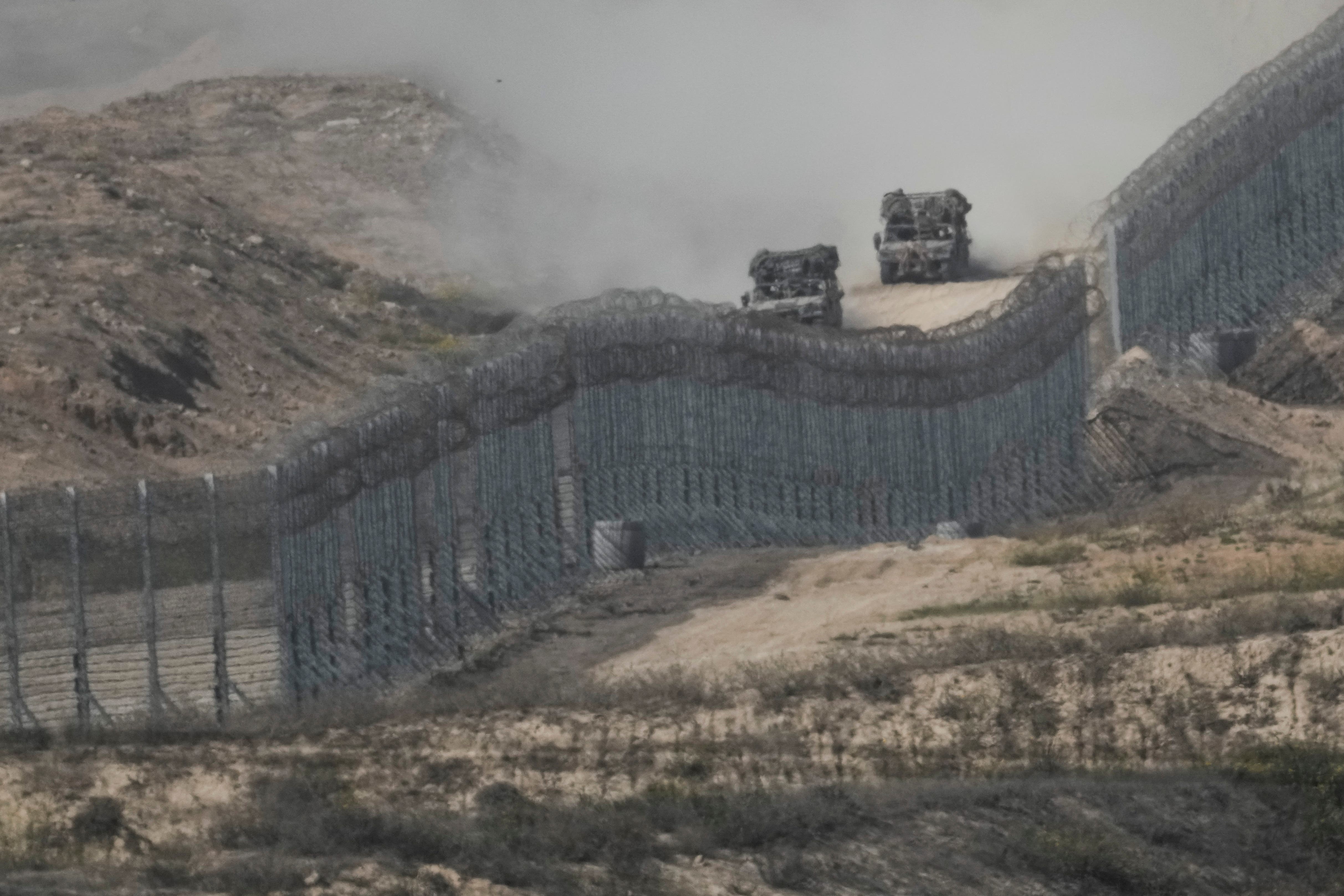Four-hour pauses in Gaza conflict raise more questions than they answer – Flynn
The SNP Westminster leader asked what happens after those four hours and where people are supposed to go.

Your support helps us to tell the story
From reproductive rights to climate change to Big Tech, The Independent is on the ground when the story is developing. Whether it's investigating the financials of Elon Musk's pro-Trump PAC or producing our latest documentary, 'The A Word', which shines a light on the American women fighting for reproductive rights, we know how important it is to parse out the facts from the messaging.
At such a critical moment in US history, we need reporters on the ground. Your donation allows us to keep sending journalists to speak to both sides of the story.
The Independent is trusted by Americans across the entire political spectrum. And unlike many other quality news outlets, we choose not to lock Americans out of our reporting and analysis with paywalls. We believe quality journalism should be available to everyone, paid for by those who can afford it.
Your support makes all the difference.Pauses to bombing in Gaza “provide more questions than they do answers”, SNP Westminster leader Stephen Flynn said as he reiterated his party’s calls for a ceasefire.
The White House announced this week that the Israeli government has agreed to halt its offensive in Gaza for four hours each day and open a second route for those looking to escape the north of the territory.
At the same time, the SNP tabled an amendment in the Commons calling for a ceasefire, which will likely be debated and voted on next week.
The party said the amendment will allow MPs to vote with their conscience on the issue.
Speaking to BBC Radio Scotland on Friday, Mr Flynn was asked about the pauses and whether he believes they provide a good starting point for peace negotiations.
What happens after those four hours? Do we simply see people continuing to get bombed but this time with some more food in their belly
He said: “I don’t, actually. I think that pauses provide more questions than they do answers.
“Where are people meant to go to during those four hours and how are they meant to get there?
“What happens after those four hours? Do we simply see people continuing to get bombed but this time with some more food in their belly?
“What happens to the land which Israel is asking people to move from? Are people going to be able to get that land back?”
He also said “dreadful scenes” in the West Bank, the second Palestinian territory, mean he is “sceptical as to where this might lead”.
Reports have suggested there has been a surge in violence in the West Bank following arrest raids by Israel.
With the amendment due to be put before MPs next week, Mr Flynn said he is under no illusions as to who may or may not support it.
“What we are seeking to do is at the very first opportunity available to us – which I believe will be next Wednesday – is to ensure the House of Commons does have that vote on a ceasefire,” he said.
“We’re very clear that we want a ceasefire in order to uphold international law, in order to protect civilian life and, of course, to promote peace.
“I think that that’s something which all politicians of all parties should be able to unite behind.
“I’m afraid that it’s very unlikely that Conservative members and indeed the Labour leadership will unite behind us in that regard, and I think that will be of much disappointment to the public.”
Asked if a ceasefire would allow Hamas a chance to regroup, Mr Flynn told the Good Morning Scotland programme he agrees the terrorist group “need to be defeated”, but questioned: “What does that defeat look like in practice and how many civilians are we going to allow to be collateral damage during this process?”
He likened the current conflict to the experience of Western nations in Afghanistan, saying: “We weren’t able to defeat the Taliban and in fact they are back in control in Afghanistan.”